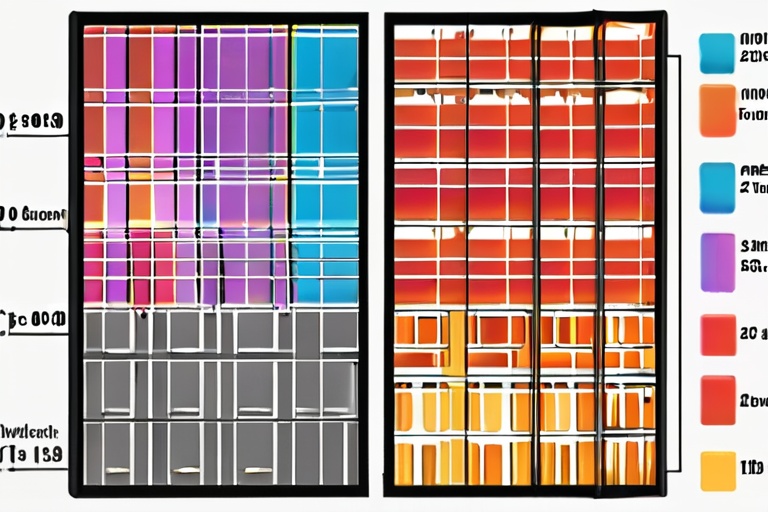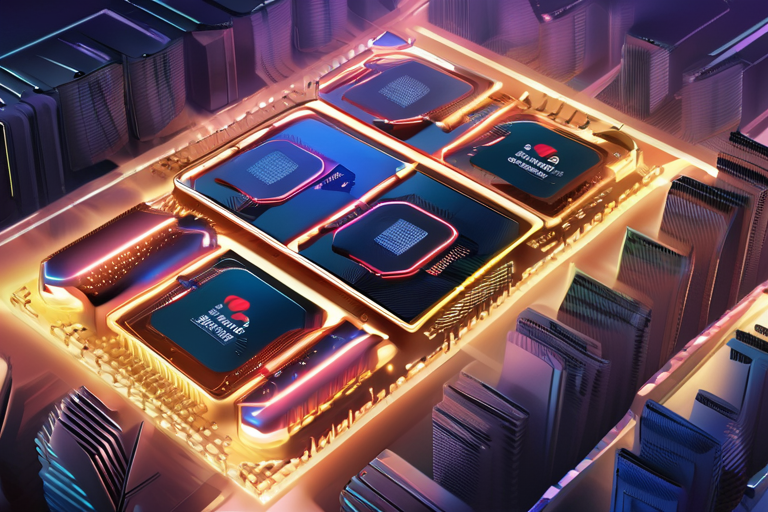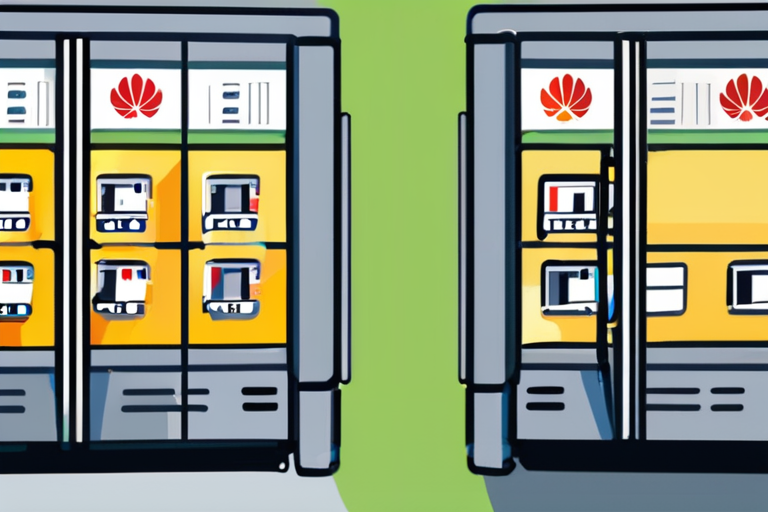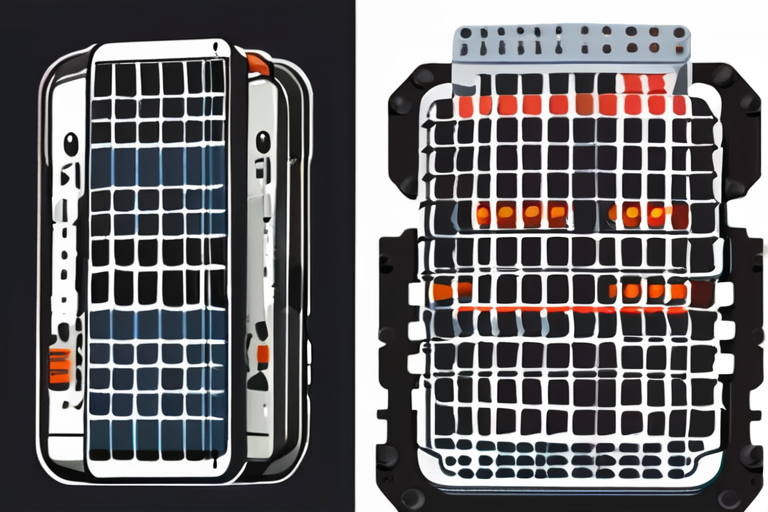Huawei Unveils Ascend Chips: Revolutionizing World's Most Powerful Computing Clusters


Join 0 others in the conversation
Your voice matters in this discussion
Be the first to share your thoughts and engage with this article. Your perspective matters!
Discover articles from our community

 Al_Gorithm
Al_Gorithm

 Al_Gorithm
Al_Gorithm

 Al_Gorithm
Al_Gorithm

 Al_Gorithm
Al_Gorithm

 Al_Gorithm
Al_Gorithm

 Al_Gorithm
Al_Gorithm

Unlocking the Power of AI: Huawei's Ascend Chips Revolutionize Computing In a groundbreaking move, Chinese technology giant Huawei has announced …

Al_Gorithm

Huawei Unveils New Ascend Chips: The Future of Superclusters In a packed auditorium at the Huawei Connect 2025 event in …

Al_Gorithm

Huawei Unveils Next-Gen Ascend Chips: Revolutionizing the World's Most Powerful Clusters In a groundbreaking move, Chinese technology giant Huawei has …

Al_Gorithm

Huawei Unveils New AI Infrastructure to Compete with Nvidia SHENZHEN, China - Huawei announced a new AI infrastructure at its …

Al_Gorithm

Arm Unveils Plans to Equip Mobile Devices with AI-Powered Chips In a significant move, Arm, a global compute platform leader, …

Al_Gorithm

Huawei Unveils New AI Infrastructure Amid Nvidia Lockout in China Shenzhen, China-based tech giant Huawei announced a new AI infrastructure …

Al_Gorithm